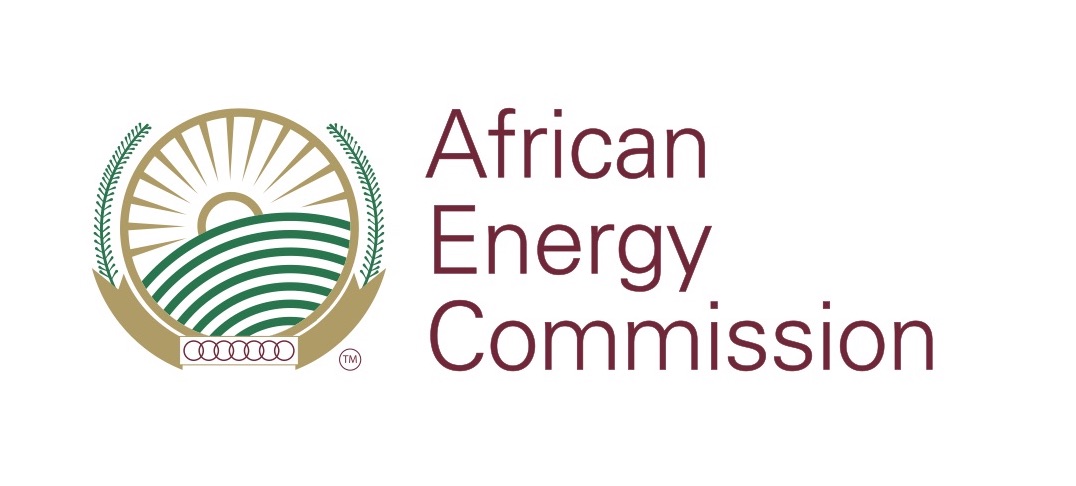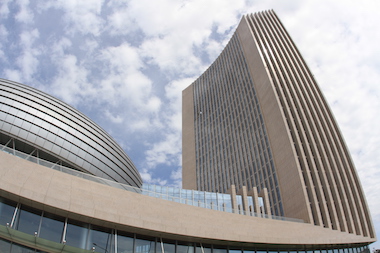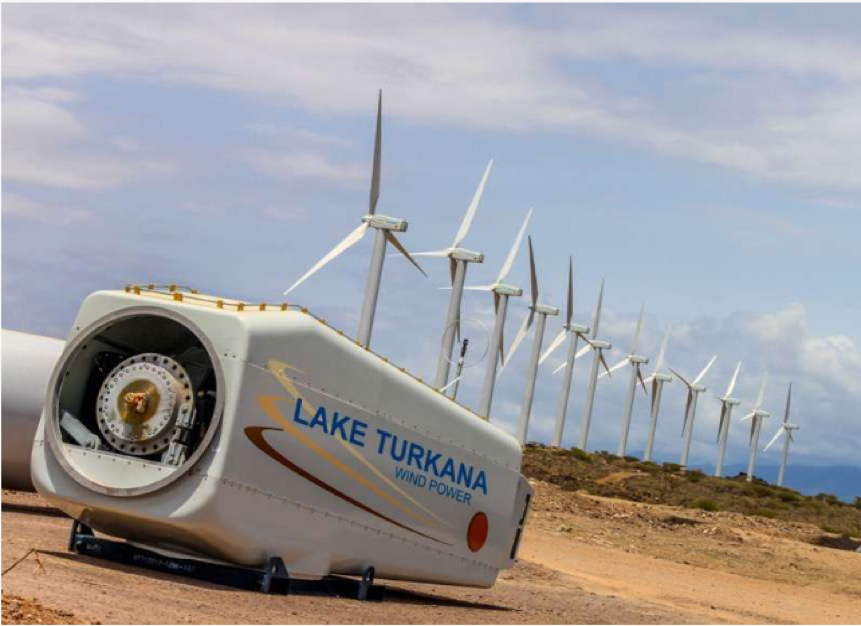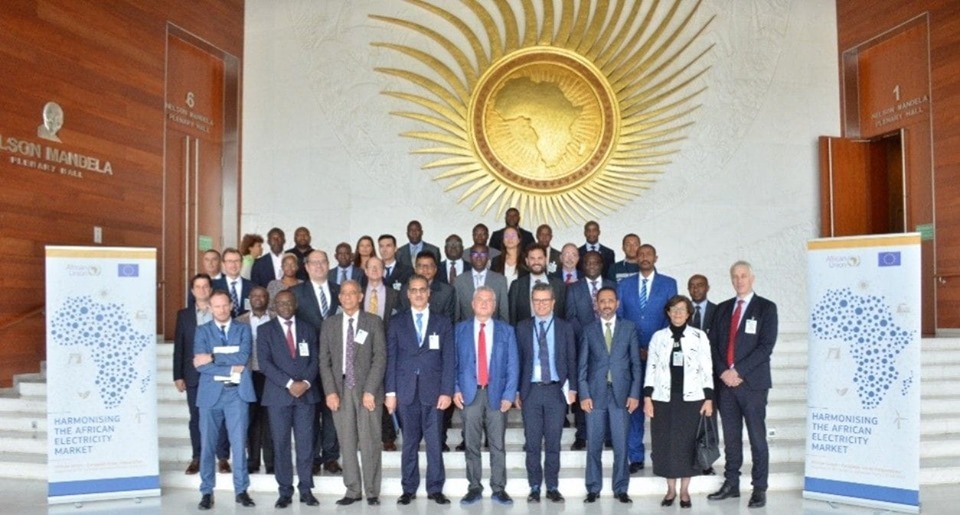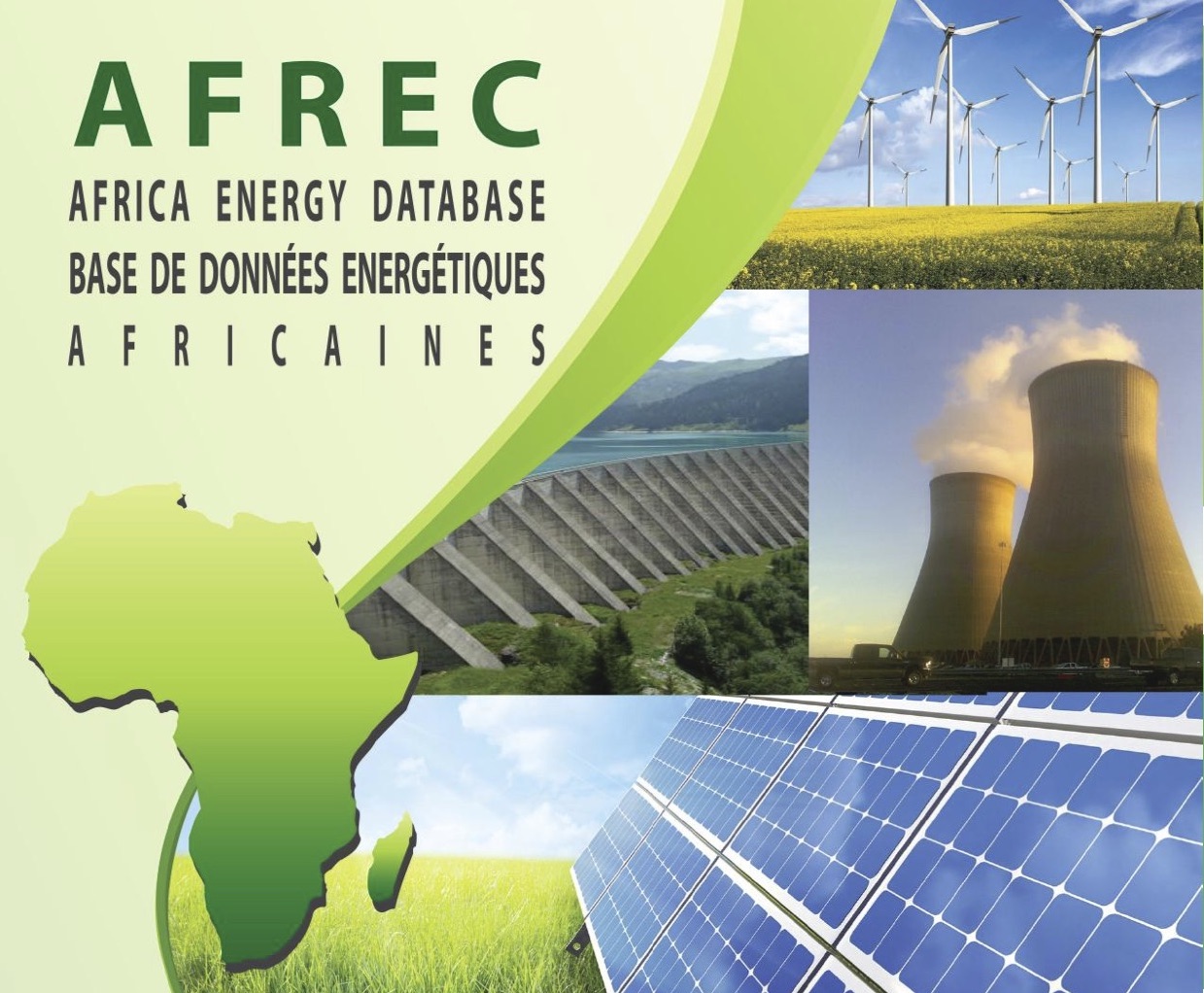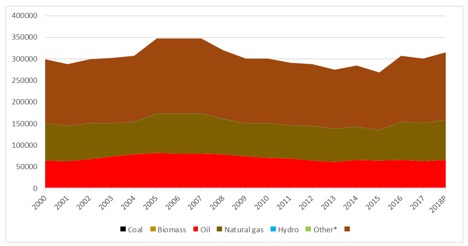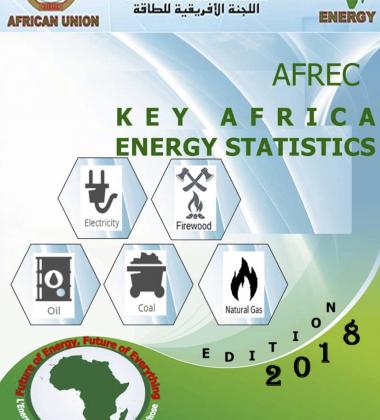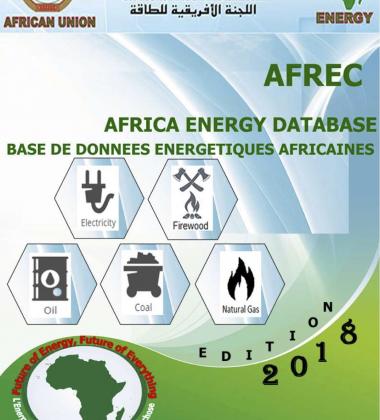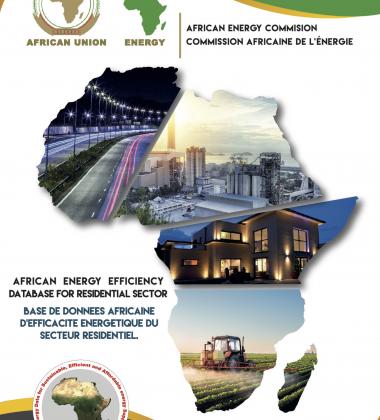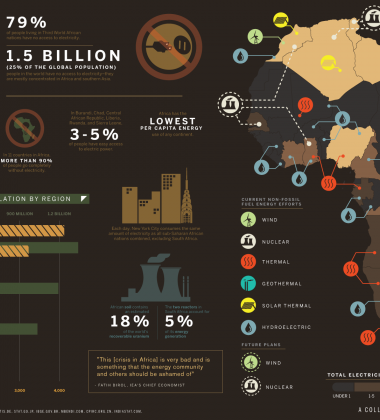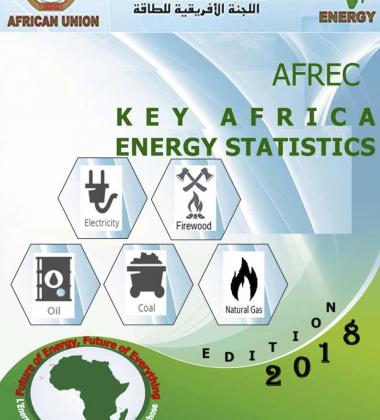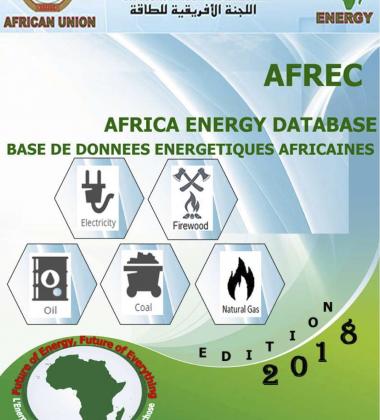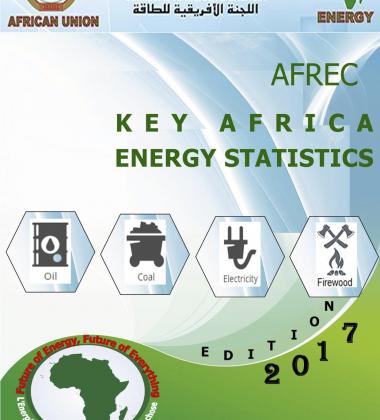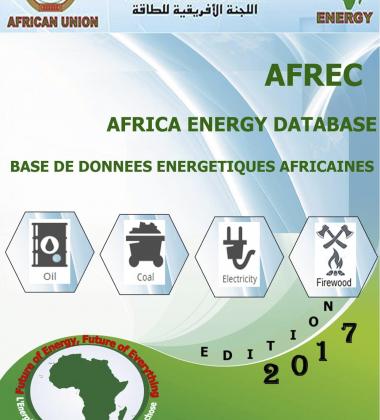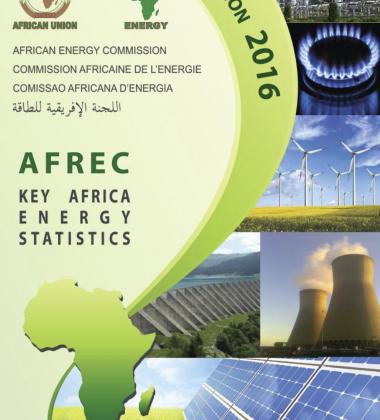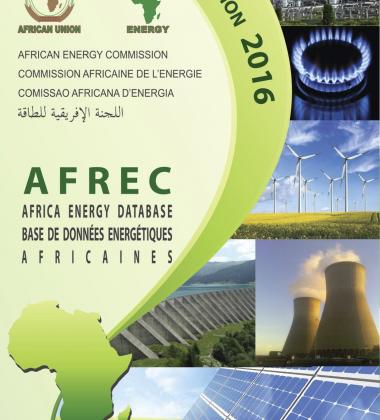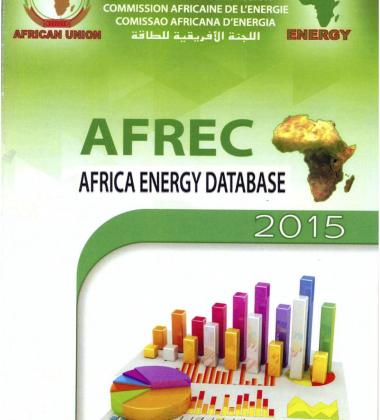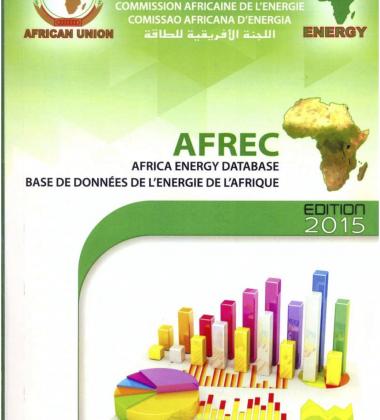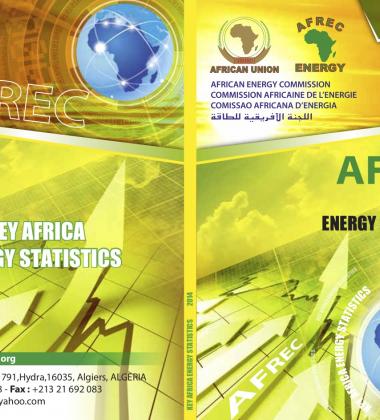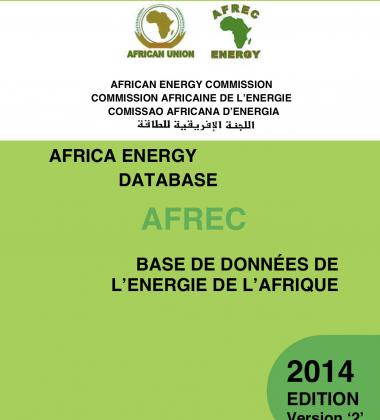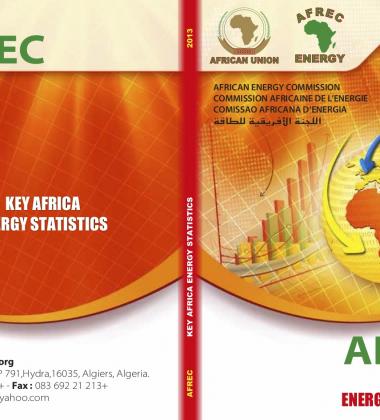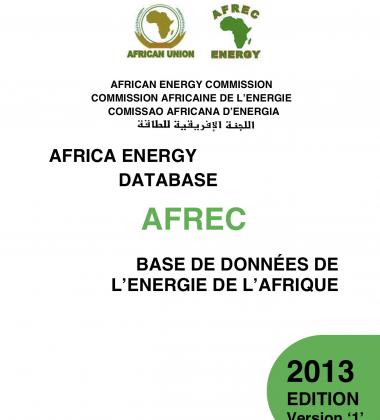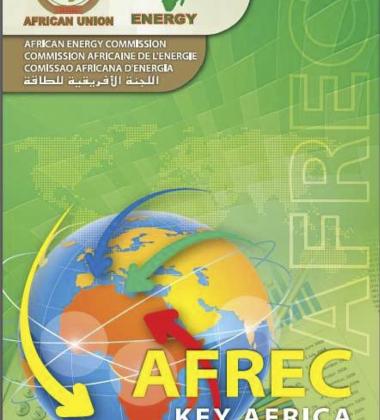About Us
AFREC was officially launched in February 17th, 2008, in Algiers, at the end of a conference of African Ministers in charge of Energy.
It is only in 1980 that African countries have actually realized the worrisome energy situation of the African continent. For the first time ever, the Assembly of Heads of State and Government of the OAU, meeting in Lagos (Nigeria) in April 1980, adopted a plan called the "Lagos Plan of Action (LPA)", in which the main energy problems undergone by Africa had been identified and actions to remedy such a situation had been proposed for the short, medium and long terms. To ensure the implementation of the LPA, the Assembly perceived the urgent need to set up a proper institutional framework and hence endorsed the recommendation relating to the urgent establishment of the African Energy Commission. The African Energy Commission is an African continental body in charge of ensuring, coordinating and harmonizing the:
- protection,
- conservation,
- development,
- rational exploitation,
- marketing and mainstreaming of energy resources on the African continent.
Besides, the major role played by energy and its invaluable contribution to industrialization, fight against poverty, rural planning and sustainable development as well as regional and sub-regional cooperation and integration is self-evident.
Following the relevant decision taken by the Summit meeting in Lagos, the UNDP in collaboration with OAU and ECA, carried out in 1984-1985 a study which recommended the creation of the African Energy Commission in order to promote common initiatives liable to support decisively the efforts made to resolve African energy problems. The recommendations of the AUO Heads of State and Government and UNDP study have never been implemented. Subsequently, the pan-African high authorities have reaffirmed and advocated the creation, without delay, of a strategic inter-African cooperation instrument in the field of energy.
Such appeals have been reiterated mainly in:
- The Treaty establishing the African Economic Community (AEC), Abuja, June 1991;
- The first Pan African Conference of Energy Ministers (Tunis, May 1995).
- The Cairo Program of Action (June 1995).
- The first and second regional conferences of Ministers responsible for the development and utilization of mineral and energy resources in Africa (Accra, 1995, Durban November 1997).
- The African Energy Program of the African Development Bank (Abidjan 1995).
Key Resources
- August 16, 2019
- August 20, 2018
- August 20, 2018
-
August 20, 2018
The AFREC Africa Energy Statistics is a comprehensive collection of statistical data based on production, consumption, imports and exports of energy resources of the African countries.
- August 01, 2018
- August 01, 2018
- August 01, 2018
- April 01, 2018
- September 01, 2017
- August 20, 2017
- August 20, 2017
- April 01, 2017
- August 20, 2016
- August 20, 2016
- June 01, 2016
- August 20, 2015
- August 20, 2015
- June 01, 2015
- August 20, 2014
- August 20, 2014
- August 20, 2013
- August 20, 2013
- June 01, 2013
- August 20, 2012








